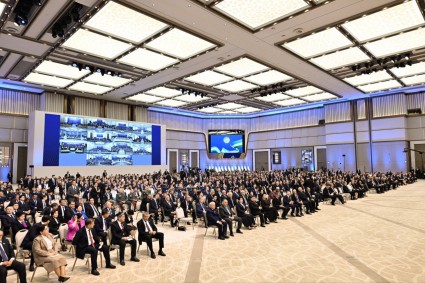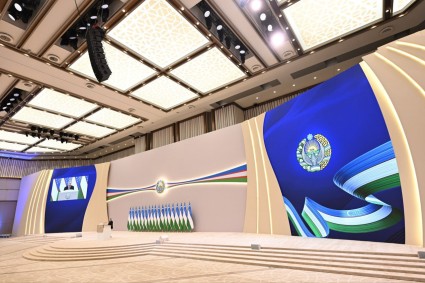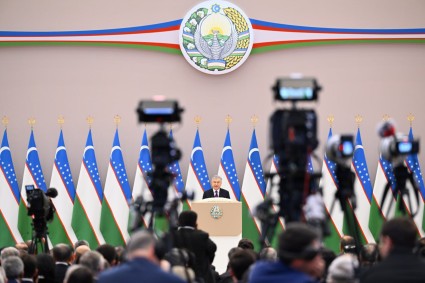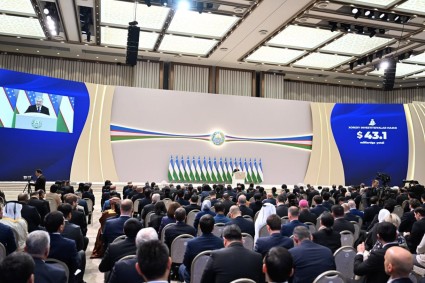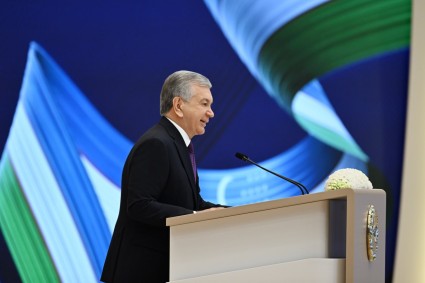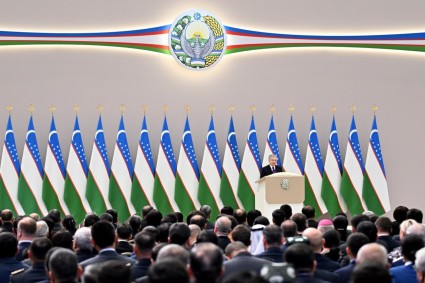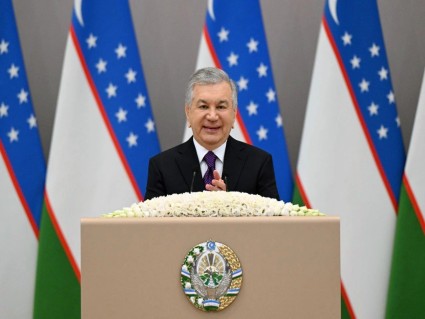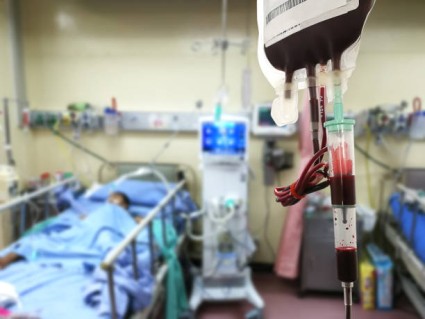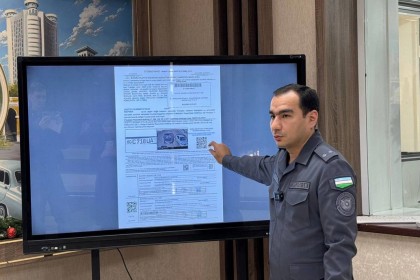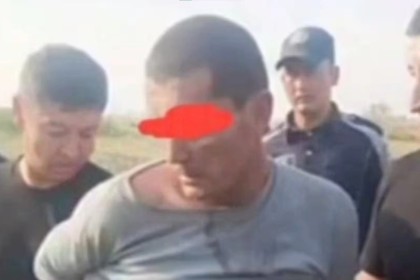Uzbekistan ranked 137 out of 180 in the World Press Freedom Index published by the Reporters Without Borders (RSF). The country dropped four positions in the ranking since the previous ranking.
RSF noted that “following the 2016 death of President Islam Karimov, circumstances have only barely improved for the media, and criticising state power remains complicated”.
Media landscape
Uzbekistan has no private television network. State-owned radio transmits official propaganda, privately owned radio stations abstain from any criticism for fear of being shut down, and the written press serves state interests. Only about 15 online media outlets, some of them based abroad, publish quality content. They include Ozodlik Radiosi, the Uzbek-language service of the American Radio Free Europe/Radio Liberty, which is blocked in the country. About a third of the press broadcasts in Russian.
Political context
The authorities largely control the media, as well as a number of bloggers with close ties to the government. The real opposition, composed of both an Islamic movement with ties to the Taliban and a partly exiled nationalist group, is banned.
Legal framework
Authorities have yet to implement the reforms needed to end repressive media laws. Surveillance, censorship and self-censorship are prevalent. To preserve their independence, some local online outlets avoid officially registering as media, at the risk of being prosecuted and facing heavy fines for what they publish.
Economic context
Officials don’t hesitate to exert economic pressure or to try to corrupt journalists. The development of independent media is essentially blocked by laws restricting their funding, especially by foreign-based organisations that support a free press.
Sociocultural context
Sixty percent of the population of 30 million is under 30 years old. This strong youthful presence, as well as the expansion of internet coverage, explains why social networks are booming, especially Odnoklassniki, Facebook and Telegram. Some groups on these platforms allow the exchange of information on corruption issues, which the official media barely cover.
Safety
The last imprisoned journalists, some held for nearly 20 years, have been released but not rehabilitated. Bloggers are still being threatened or arrested, as was the case with Otabek Sattoriy, founder of the Xalq Fikri (People’s Opinion) YouTube channel. He was sentenced to six and a half years in prison in May 2021 in a defamation and extortion case in which he was framed. Reporters who tried to cover his trial were attacked or suffered baseless criminal prosecution. A crackdown on reporters who covered demonstrations in support of Karakalpakistan’s independence underscored the government’s determination to silence all dissent.


